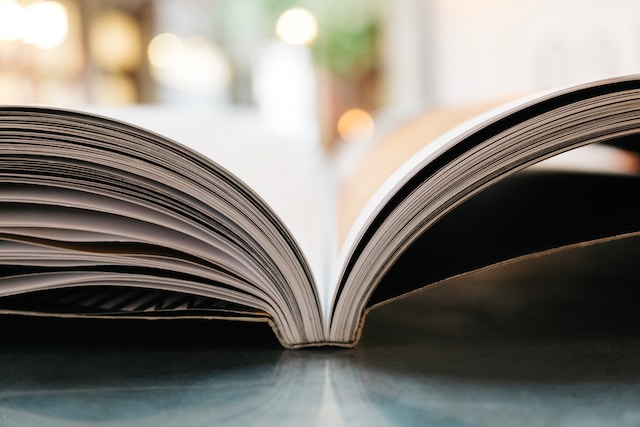It’s the Great American “rite of passage”—getting your first library card! The importance of a child having a library card has been celebrated from Arthur the Aardvark rapping “Having fun isn’t hard when you’ve got a library card” to Francie Nolan keeping her first library card as a memento of her youth in one of the final scenes in A Tree Grows in Brooklyn. A child getting a library card has always been considered a positive step on the road to literacy. Unfortunately, as with so much about libraries these days, times have changed, so parents may want to think twice before letting their children get their own library cards.
What most parents aren’t aware of when they sign their children up for library cards in most states is that the records of what their kids borrow are confidential even to their own mothers and fathers. I could only find two states that provide an exception to these confidentiality laws: South Dakota and Alabama. The American Library Association website actually provides a page that links to all the states’ laws regarding this issue.
This lack of parental access is ridiculous when you consider real-life situations in which this confidentiality poses problems. For example, a parent comes into the library without a child to return a bagful of books. One of the items happens to be overdue, but library staff can’t tell a parent which one is late, so the parent ends up paying a fine and doesn’t even know what the fine is for. Maybe there’s still a book checked out on the child’s account. The parent didn’t put it in the bag of returns because it got misplaced at home; maybe it’s under a bed or in a closet or somewhere else. This parent can’t even be told the title to make it easier to hunt for the missing book.
We want to thank Rep. Arlene Quaratiello for this Contribution – Please direct yours to Steve@GraniteGrok.com.
Aside from practical problems with this law, there is a more fundamental issue that reveals its inconsistency. The American Library Association asserts on its website that “the parent’s role is to monitor his or her child’s individual reading life.” In a similar way, last September, Dr. Nancy Pack, the director of Alabama’s public library system, defended the libraries’ collection development policies in a letter to Governor Kay Ivey. She wrote, “Alabama’s public libraries will always value parental involvement in overseeing the materials their children borrow.” She later wrote that “the responsibility for determining the suitability of library materials for children lies primarily with parents or guardians.” To fulfill this role more effectively, however, parents need to know what books their children have checked out! Even if parents do supervise their children’s activity in the library as they definitely should these days, it is easy to lose track of what books are checked out especially for parents of multiple children.
Since parents are generally not present when a child checks out books from a school library, it is especially important that they have access to their kids’ school library records. As children get older and venture into the “young adult” area of the public library, many parents will be concerned about what is being checked out from that section. While teenagers may not want their parents to know what they are reading, their privacy rights should not extend to their use of materials that they have not financially contributed to. Parents should be able to access their child’s library records for no other reason than this: as adults, they are the taxpayers who fund their school and public libraries.
Although the passage of legislation to give parents access to their children’s library records would not only improve library service but also support parental involvement in their children’s reading pursuits, it is difficult to get any sort of parental rights legislation passed these days. There is another solution, however: the “family library card.” Some parents end up using an informal version of this type of account because it’s just easier. Rather than having to keep track of all the different books that multiple children have out, they just check all the family’s books out on one parent’s card. The only shortfall of this method would be if the other parent asked library staff what books their kids had checked out; because of confidentiality laws, mom couldn’t have access to dad’s library records, and vice versa. In a small number of libraries, a formal “family card” links all members of the family so that all records can be accessed by every member of a family.
Why do libraries push so hard for children to get their own cards? Why is it rarely revealed to parents that their kids’ library records are confidential even to them? It’s just another means to subtly undermine parental authority. The American Library Association certainly supports the current laws that predominate in this country while opposing any efforts to change them. Such changes would violate something this organization holds sacred: “The Library Bill of Rights,” especially Article V which states that a “person’s right to use a library should not be denied or abridged” due to age among other factors. The American Library Association “opposes all attempts to restrict access to library services, materials, and facilities based on the age of library users” according to its own interpretation of “The Library Bill of Rights.” The ALA also questionably believes “that children and youth have the same rights to privacy as adults.”
Unfortunately, this great American rite of passage—getting a library card—just has too many drawbacks now because the type of material that kids have access to has changed so much in recent years. In order to protect our most vulnerable citizens, we may need to have them forego this tradition. Sadly, reading porn (and other inappropriate material) “isn’t hard when you’ve got a library card.” Sorry, Arthur!
